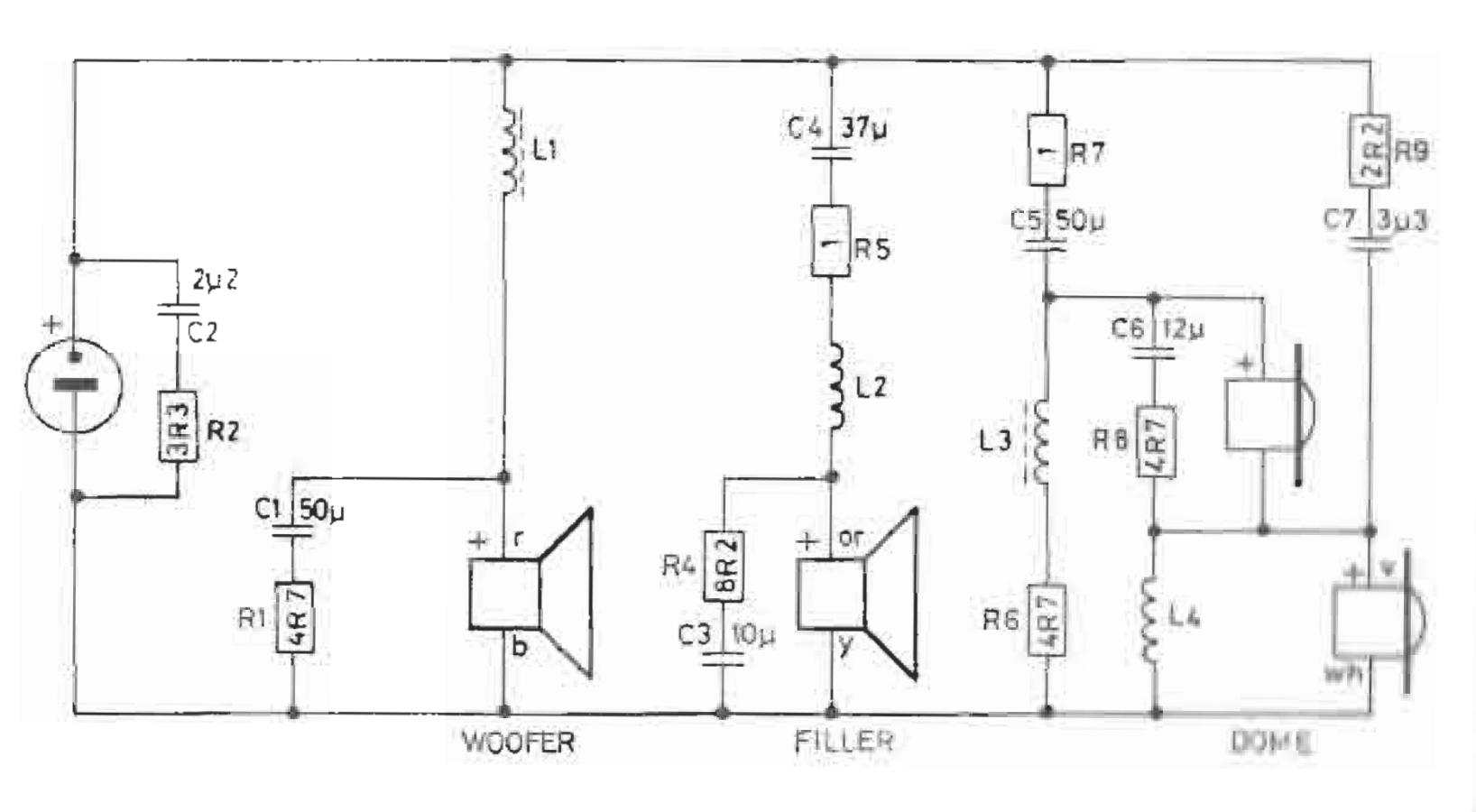Home › Forums › Product Discussion & Questions › BeoVox › Beovox S75s Slight Tweeter Buzz
- This topic has 3 replies, 2 voices, and was last updated 1 year, 3 months ago by
marcham.
-
AuthorPosts
-
11 November 2024 at 21:17 #60821
marcham
BRONZE MemberHey, all.
Recently had fun rebuilding a pair of Beovox S75s. Installed new crossover caps from Beoshop, replaced the tweeter diaphragms, and redid the grill cloth. The speakers really sing and sound great! Except…
The tweeters have a slight buzz whenever the amp is on; not noticeable when music is playing. I double checked the coils are the right impedance and tried swapping the wires, but no fix.
If I engage the Main Direct mode on my amp with a 6db drop, the issue goes almost completely away, even at higher volumes, but I’d prefer to keep my tone controls.
Thanks all!
Location: Pennsylvania, USA
Favourite Product: Beogram 3000
Signature: - Michael Archambault
My B&O Icons:
14 November 2024 at 03:02 #60925marcham
BRONZE MemberPosting in the crossover schematic. While I redid the caps, everything else is original. As I mentioned, I redid the tweeters with new diaphragms, but I would assume a signal is getting to them that shouldn’t, making it the crossovers.
Location: Pennsylvania, USA
Favourite Product: Beogram 3000
Signature: - Michael Archambault
My B&O Icons:
14 November 2024 at 08:58 #60928Dillen
ModeratorThe crossover can not introduce a signal. It’s all passive.
All sounds come from the amp.But it could be, that the diaphragm wasn’t properly centered, so it now rubs on the magnet or center pole piece.
Martin
1 December 2024 at 01:18 #61245marcham
BRONZE MemberI appreciate the feedback, Dillen. Luckily, I got everything sorted out!
I am posting the solution here in case anyone else has the same issue. I solved the problem by better isolating the tweeter diaphragms’ speaker wires. When replacing the diaphragms, the wires must run down a metal channel on the front of the tweeter plate. I was isolating the wires in this channel with heat shrink tubing, but I also needed to ensure the thin wires weren’t coming into contact with the edges of the round center cutout.
You can prevent contact with very thin heat shrink tubing or electrical tape.
Location: Pennsylvania, USA
Favourite Product: Beogram 3000
Signature: - Michael Archambault
My B&O Icons:
-
AuthorPosts
- You must be logged in to reply to this topic.











